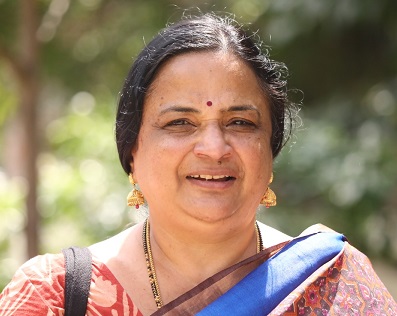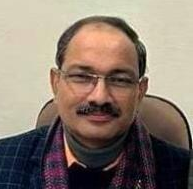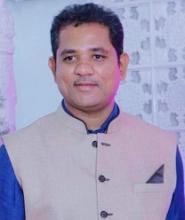New Fellows Application |
|
About Us |
|
Vidyaranya Institute of Knowledge and Advanced Studies (VIKAS), previously known as JNU Institute of Advanced Studies and later renamed as Jawaharlal Nehru Institute of Advanced Studies (JNIAS), has evolved since mid-1990s. Completing its existence as an Institute for more than two decades, VIKAS seeks to expand its outreach and visibility and emerge as a pioneering research institute of the country. It aims to provide leadership in making India a vibrant knowledge society in the emerging levels global village which is going through paradigmatic structural transformations at multiple. VisionVIKAS aims to become a nucleus of Indo-centric studies. MissionVIKAS would be an effective academic voice of non-western, Sanatani, Dharmic and alternative narratives such as Pali, Prakrit, Tamil and Sanskrit. Focus• Until very recently, Europe had studied Non-European societies, cultures and civilizations from the Imperialist Ideology, popularly known as Orientalism; and European study of India as a colony by canons of Indology developed by Christian missionaries, orientalists and civil servants of the East India Company as well as the British Raj. JNU institute of Advanced Study later (in May 11, 2004) renamed as JNIAS had tried to decolonize the study of India as a civilizational state and traditional Indic civilization by exchanging ideas with global scholars. During Covid-19 pandemic years however it was realized that mere decolonization was not sufficient in the rapidly changing global scenario. Ongoing Russia-Ukraine war has already complicated the volatile situation of pandemic scenario. Therefore, JNIAS working group started wider consultation regarding transforming JNIAS as an advanced study of non-western cosmologies, ontologies, epistemologies as well as of a new science of Westology, which would try to understand traditional, modern and postmodern nation states and liquid cultural mindspace from non-western, Asian and Sanatani perspectives. The process of consultation was started in the first week of October 2022 and after extensive consultations the executive council of the University decided to rename JNIAS as VIKAS on May 3, 2023.The focus of VIKAS would be to study and disseminate Indo-centric knowledge in the following subjects:
RoleRole of VIKAS within the University would be distinct and unique.
|
|


